The principle and Procedure of Polyacrylamide Gel
SDS-PAGE (sodium dodecyl sulfate – polyacrylamide gel electrophoresis) is a technique used to separate the proteins according to their masses.. Separation of macromolecules under the influence of the charge is called electrophoresis.The gel used in SDA-PAGE is polyacrylamide and agent which is used to linearize the proteins is SDS. Hence the name SDS-PAGE.
Polyacrylamide Gel. PA gels provide a variety of advantages including linear elastic material properties, reproducible rigidity, excellent optical qualities, capacity to covalently attach ECM molecules to an otherwise nonadhesive surface, and a porous nature to permit penetration of media and nutrients (Wang & Pelham, 1998).
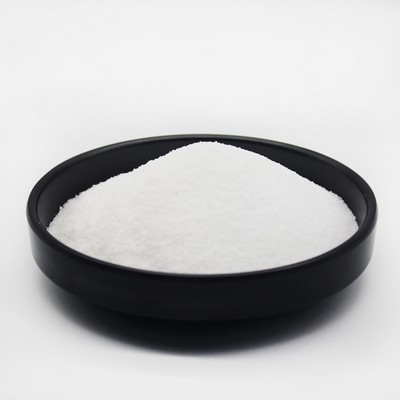
The principle and method of Western blotting (WB) | MBL
>> The principle and method of polyacrylamide gel electrophoresis (SDS-PAGE) Transfer to a membrane Proteins separated by SDS-PAGE are “transferred” from the polyacrylamide gel to a membrane, using a specialized apparatus (blotting apparatus).
Get Price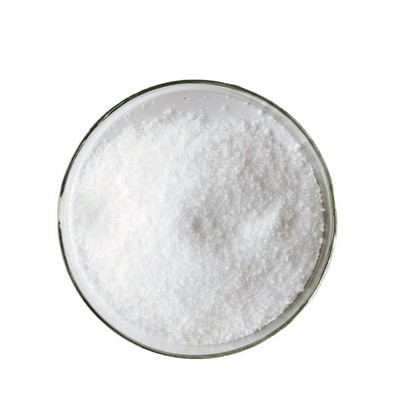
Polyacrylamide Gel Electrophoresis
Polyacrylamide gel electrophoresis (PAGE) analysis can be conveniently applied to analyze the molecular weight of sulfated GAGs. Gels on which GAGs have been fractionated can be visualized with Alcian Blue with or without silver staining and the bands can be scanned and digitized. The average MW of a GAG is then calculated based on a mixture of HP-derived oligosaccharide standards prepared
Get Price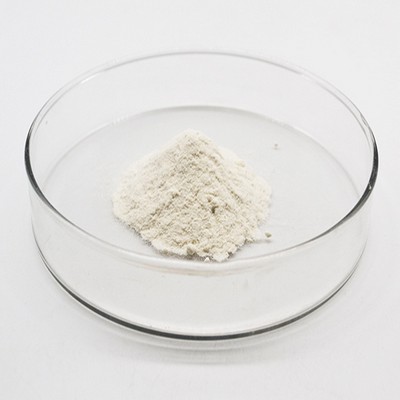
SDS‐Polyacrylamide Gel Electrophoresis (SDS‐PAGE)
Electrophoresis is a method by which a complex mixture of proteins can be separated. Sodium dodecyl sulfate polyacrylamide gel electrophoresis (SDS‐PAGE) is a technique used to move charged molecules through a gel matrix by means of an electric current.
Get Price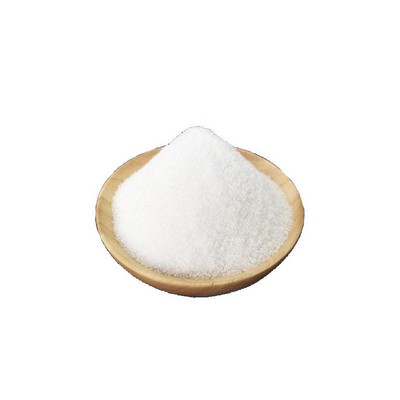
Polyacrylamide Gel Electrophoresis (PAGE
Principle of Polyacrylamide Gel Electrophoresis (PAGE) SDS-PAGE (Polyacrylamide Gel Electrophoresis), is an analytical method used to separate components of a protein mixture based on their size. The technique is based upon the principle that a charged molecule will migrate in an electric field towards an electrode with opposite sign.
Get Price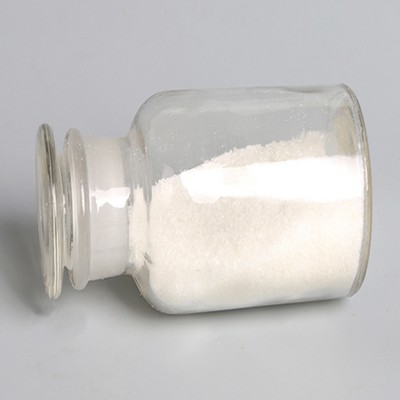
Isoloation of H-SF substances, the high-molecular-weight
Polyacrylamide gel electrophoresis (PAGE) and immunoblotting Native polyacrylamide slab gel electrophoresis (slab PAGE) was carried out following in principle the method of Ornstein & Davis (1962), employing mostly 8% gel. When sodium dodecylsulphate (SDS)-denatured proteins were electrophoresed to deter-
Get Price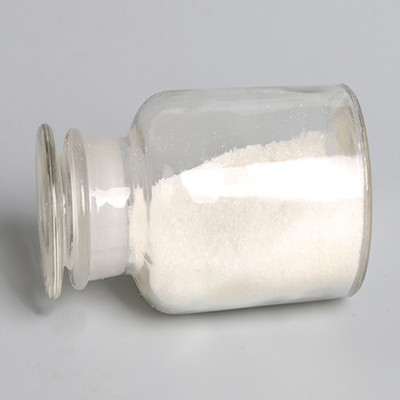
Supernatant protein and cellulase activities of the
Protein and cellulose activities were measured in culture supernatants of the anaerobic ruminal fungus Neocallimastix frontalis EB188 established in glucose medium and switched to either glucose, cellobiose, or cellulose media. Polyacrylamide gel electrophoresis was used to show differences caused by changing medium carbon source.
Get Price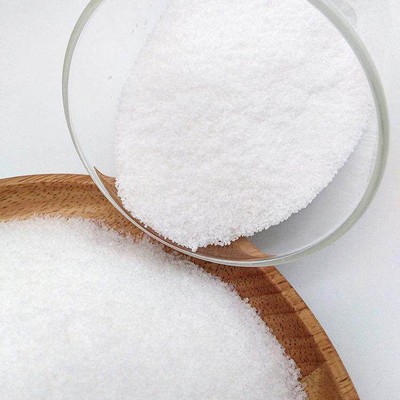
Outbreak of Klebsiella pneumoniae Producing a New
From April 2000 to April 2001, 24 patients in intensive care units at Tisch Hospital, New York, N.Y., were infected or colonized by carbapenem-resistant Klebsiella pneumoniae.Pulsed-field gel electrophoresis identified a predominant outbreak strain, but other resistant strains were also recovered.
Get Price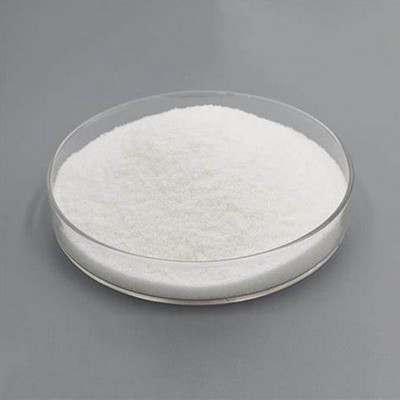
J. exp. Biol. 177, 243–252 (1993) 243 Printed in Great
principle (Fenwick, 1982; Ma and Copp, 1978; Pang et al. 1981; Wendelaar Bonga et al. 1985). In a study on salmon CS, Ma and Copp (1978) isolated a glycopeptide of 3kDa, which they considered to be the active principle of the CS, and named it teleocalcin (TC). When STC (originally termed ‘hypocalcin’) is isolated from CS extracts (Lafeber
Get Price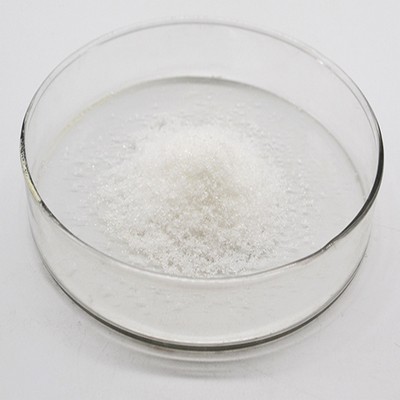
Evolution of cauliflower types grown in Great Britain as
The curds of cauliflowers (Brassica oleracea var. botrytis L.) which are representative of the European biennials, European annuals and Australian types were used to extract 12 of the enzymes involved in carbohydrate and amino acid metabolism. Each enzyme was separated into their isoenzymes using polyacrylamide gel electrophoresis. Two enzymes, acid phosphatase EC 3.1.3.2. and aspartate
Get Price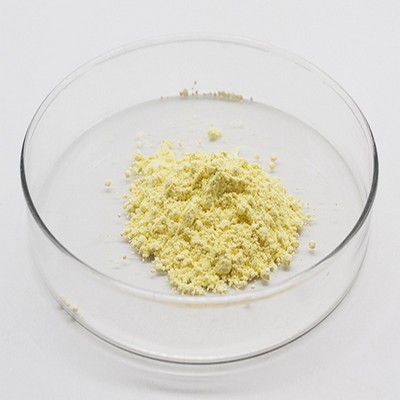
Studies on Protein Extraction from Caragana korshinskii
Abstract. Caragana korhinskii Kom is a desert shrub which belongs to genus Caragana. In this work, protein extraction from C. Korshinskii Kom using acetone precipitation method was investigated. Orthogonal experiments showed that the optimal extraction conditions were as follows: ratio of extraction buffer to tissue pounder 20:1, extraction time 7 h, ratio of acetone to supernatant 3.5:1.
Get Price
Role of SDS in DNA extraction method - Answers
SDS is a strong anionic detergent. It can be used to lyse the cell wall and denature the proteins. Thus it is used to clear up the DNA from proteins during DNA isolation.
Get Price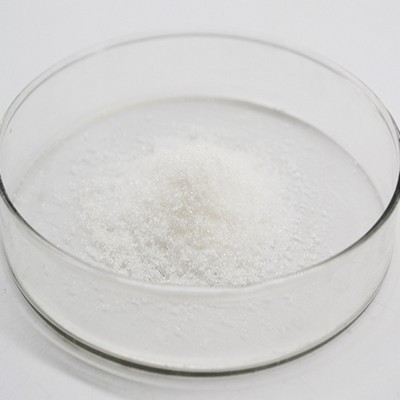
US9482658B2 - Test system and method for determining
A test system and method for determining thermal effects of tissue ablation on an ex vivo tissue includes a power generator, a grounding patch, and a material block configured to emulate an electrical property of a patient. The power generator electrically connects to an electrode to generate an electrical current in the electrode. The grounding patch electrically connects to the power
Get Price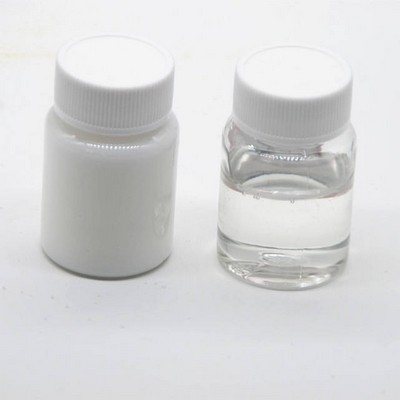
Isoloation of H-SF substances, the high-molecular-weight
Polyacrylamide gel electrophoresis (PAGE) and immunoblotting Native polyacrylamide slab gel electrophoresis (slab PAGE) was carried out following in principle the method of Ornstein & Davis (1962), employing mostly 8% gel. When sodium dodecylsulphate (SDS)-denatured proteins were electrophoresed to deter-
Get Price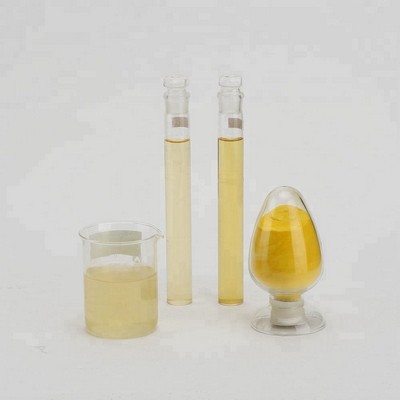
J. exp. Biol. 177, 243–252 (1993) 243 Printed in Great
principle (Fenwick, 1982; Ma and Copp, 1978; Pang et al. 1981; Wendelaar Bonga et al. 1985). In a study on salmon CS, Ma and Copp (1978) isolated a glycopeptide of 3kDa, which they considered to be the active principle of the CS, and named it teleocalcin (TC). When STC (originally termed ‘hypocalcin’) is isolated from CS extracts (Lafeber
Get Price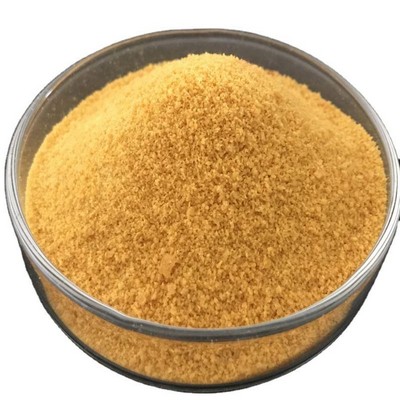
Structure and Properties of Arginase fromthe Polychaete
Biochem.J. (1974) 143, 591-597 591 Printedin GreatBritain Structure andProperties ofArginasefromthe PolychaeteAnnelid Pistapacifica Berkeley By KARENL. O'MALLEYand ROBERTC. TERWILLIGER OregonInstitute ofMarineBiology, University ofOregon,
Get Price
US9482658B2 - Test system and method for determining
A test system and method for determining thermal effects of tissue ablation on an ex vivo tissue includes a power generator, a grounding patch, and a material block configured to emulate an electrical property of a patient. The power generator electrically connects to an electrode to generate an electrical current in the electrode. The grounding patch electrically connects to the power
Get Price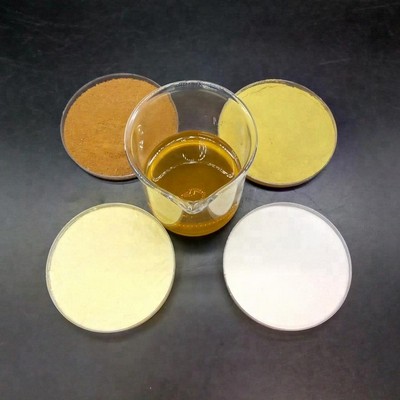
NSP1, a yeast protein located at the nuclear periphery,
analyzed by SDS-8% polyacrylamide gel electrophoresis and immunoblotting using an immune serum against NSP1. Isolation of suppressor mutants which tolerate NSP1 overproduction The diploid transformant TF2 heterozygous for NSP1 transformed with plasmid pEMBLyex4- GAL10-NSP1 was grown in liquid SD medium lacking leucine and uracil to ODgoo ~l/ml
Get Price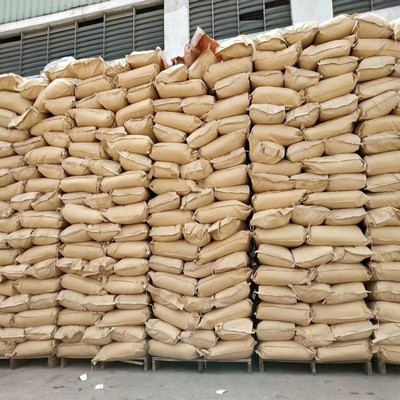
Method for mass spectrometric analysis of samples
6. A method as claimed in claim 1, wherein the gel electrophoresis is a two-dimensional electrophoresis. 7. A method as claimed in claim 1, wherein a diffusion adjuvant is employed to assist diffusion of the sample of analyte to the sample support. 8. A method as claimed in claim 7, wherein the diffusion adjuvant is dilute trifluoroacetic acid. 9.
Get Price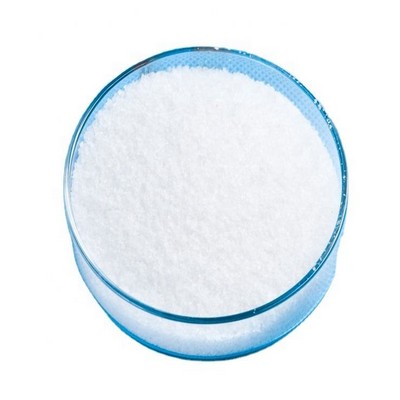
Frederick Sanger | Biography & Facts | Britannica
Frederick Sanger, English biochemist who was twice the recipient of the Nobel Prize for Chemistry. He was first awarded the prize in 1958 for his determination of the structure of the insulin molecule, and in 1980 he shared the prize for his determination of base sequences in nucleic acids.
Get Price
An Identity analysis based on DNA sequence in Forensic
polyacrylamide gel past a laser window which excites the fluorescent tag (fluorochrome) of the fragment and detects the specific enhanced fluorescent light using an array of CCDs (charge coupled devices). The newest generation of fragment analysis equipment, the CE or capillary electrophoresis units, do not use the traditional polyacrylamide gel-
Get Price
Structure and Properties of Arginase fromthe Polychaete
Biochem.J. (1974) 143, 591-597 591 Printedin GreatBritain Structure andProperties ofArginasefromthe PolychaeteAnnelid Pistapacifica Berkeley By KARENL. O'MALLEYand ROBERTC. TERWILLIGER OregonInstitute ofMarineBiology, University ofOregon,
Get Price
Comparative mitochondrial proteomic, physiological
Polyploidy is an important phenomenon in plants because of its roles in agricultural and forestry production as well as in plant tolerance to environmental stresses. Tetraploid black locust (Robinia pseudoacacia L.) is a polyploid plant and a pioneer tree species due to its wide ranging adaptability to adverse environments. To evaluate the ploidy-dependent differences in leaf mitochondria
Get Price
Life Sciences A - Z - Medical News
COVID-19 is a virus that affects the respiratory system in humans. By using realistic lung simulators, we can understand how this virus affects the lungs. News-Medical spoke to Lewis Spurgin about
Get Price
Method for mass spectrometric analysis of samples
6. A method as claimed in claim 1, wherein the gel electrophoresis is a two-dimensional electrophoresis. 7. A method as claimed in claim 1, wherein a diffusion adjuvant is employed to assist diffusion of the sample of analyte to the sample support. 8. A method as claimed in claim 7, wherein the diffusion adjuvant is dilute trifluoroacetic acid. 9.
Get Price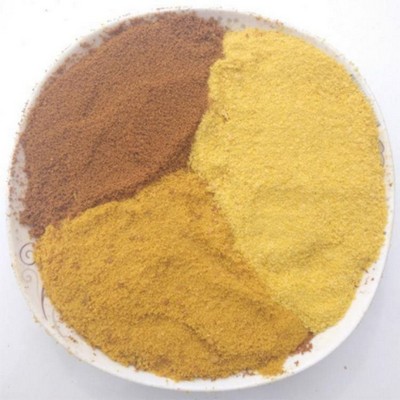
NSP1, a yeast protein located at the nuclear periphery,
analyzed by SDS-8% polyacrylamide gel electrophoresis and immunoblotting using an immune serum against NSP1. Isolation of suppressor mutants which tolerate NSP1 overproduction The diploid transformant TF2 heterozygous for NSP1 transformed with plasmid pEMBLyex4- GAL10-NSP1 was grown in liquid SD medium lacking leucine and uracil to ODgoo ~l/ml
Get Price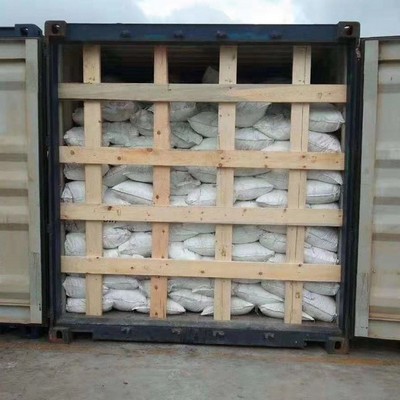
Coomassie Brilliant Blue : definition of Coomassie
Coomassie Brilliant Blue is the name of two similar triphenylmethane dyes that were developed for use in the textile industry but are now commonly used for staining proteins in analytical biochemistry. Coomassie Brilliant Blue G-250 differs from Coomassie Brilliant Blue R-250 by the addition of two methyl groups.
Get Price







